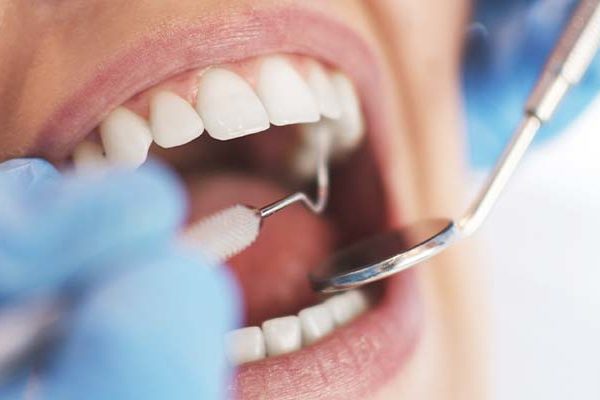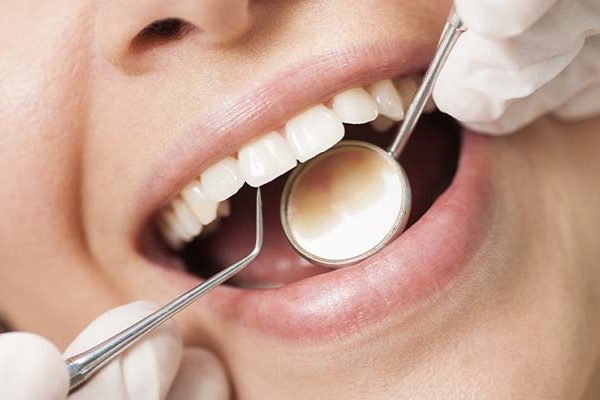Lots of infants and little children will suck a thumb or finger, and it is a perfectly natural habit that can help relieve anxiety and which provides comfort. Often, a child will suck a thumb when they are tired or upset or when they are bored.
Most will grow out of this behaviour quite soon, but some kids will continue the habit beyond age 5. By this time, thumb or finger sucking can cause problems, not least because they could be teased at school, but also because it can affect the development of their teeth and jaws.
How Thumb Sucking Can Affect A Child’s Oral Health
When a child sucks their thumb or finger, the digit rests just behind the upper front teeth, gradually pulling these teeth outwards so they can become more protrusive. This can cause an overbite and may mean a child has problems making specific sounds during speech, where the tip of the tongue needs to contact the back or inner surfaces of the upper front teeth, most often when making the “S” sound.
Also, the action can begin to narrow and elongate the upper jaw by pulling it outwards. As the upper jaw becomes longer and narrower, it can affect the way teeth bite or occlude together, causing a crossbite where the upper teeth bite inside the lower teeth, whereas ideally, they should mee,t so they are just biting outside the lower teeth. As the child begins to lose their baby teeth and the adult teeth come through, problems with overcrowding or misalignment can develop. These problems might need orthodontic care to correct.
How to Help A Child Stop Sucking Their Thumb or Finger
When a child is having difficulty quitting a thumb or finger sucking habit, there are lots of things you can do to help them. Firstly, pay attention to when they most often suck their thumb and look for potential triggers. Perhaps they do it when they feel tired, upset or scared, or don’t have anything else to do. Now, decide how to approach this problem. Most children will be keen to quit and especially if they are a bit older, but you want to make sure they feel supported and secure, so resist the urge to reprimand them when they revert to thumb sucking.
Instead, offer lots of praise and encouragement. Be aware of situations where your child might want to suck their finger or thumb. If you notice they are sucking their thumb, try to distract them with other activities.
You might find it useful to set up a chart with stickers and small rewards for when they successfully resist the urge to suck their thumb. Your child can help to plan the chart, so they are actively and positively involved. It can take six weeks or more to break a thumb sucking habit and especially when it is deeply ingrained, but there are plenty of gentle and effective ways to help them stop. You can always ask our dentists, Dr. Sarah Harland or Dr. Tom Greene here at Tsawwassen Place Dental for help and advice.
What Happens if a Child Can’t Stop Sucking Their Thumb?
If your child can’t stop sucking their thumb or finger, it is possible to fit them with a custom-made device called a palatal bar or crib and which provides a physical barrier, preventing the thumb or finger from resting comfortably behind their teeth. An orthodontic evaluation might be recommended when the habit has already caused changes to the shape of their jaws, as it is possible for the growth of the upper jaw to be guided, creating enough room for the adult teeth.
If you’d like to know more, please contact us to request an appointment.





